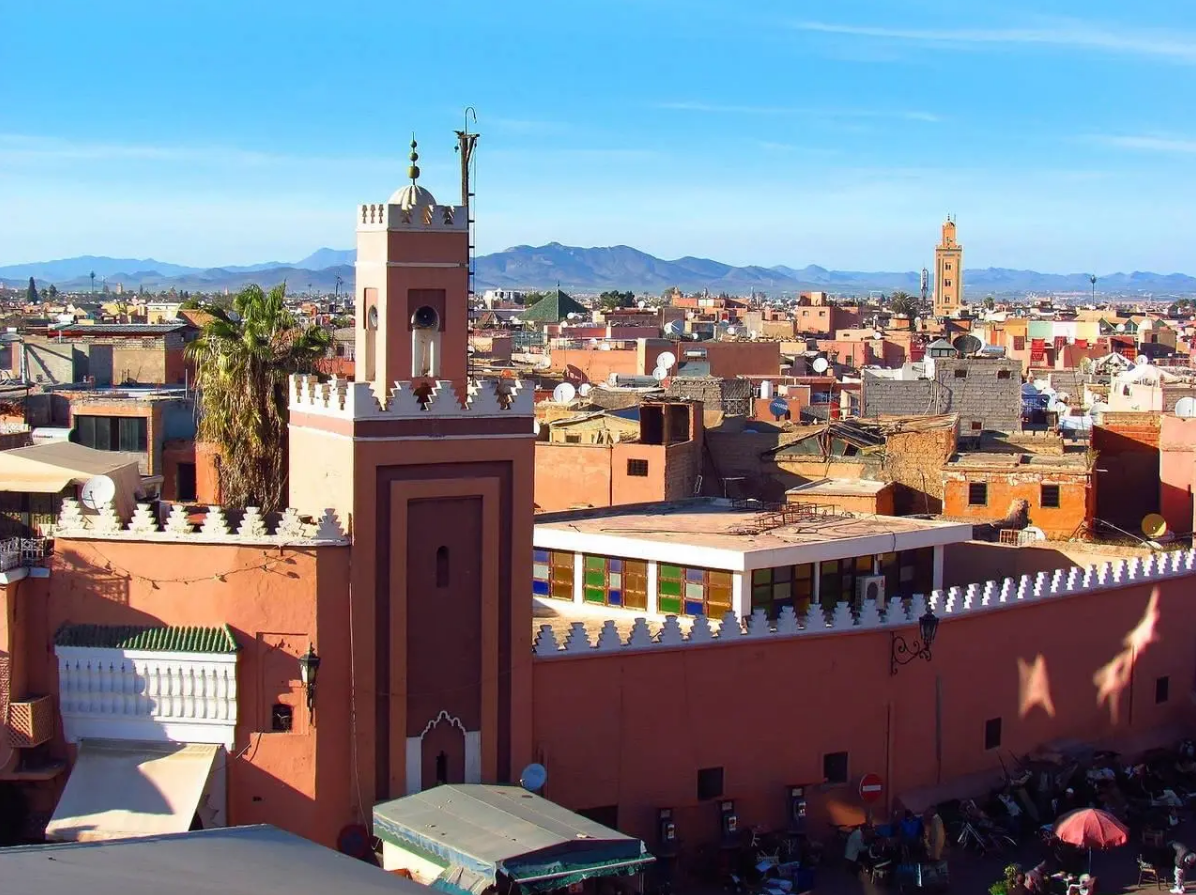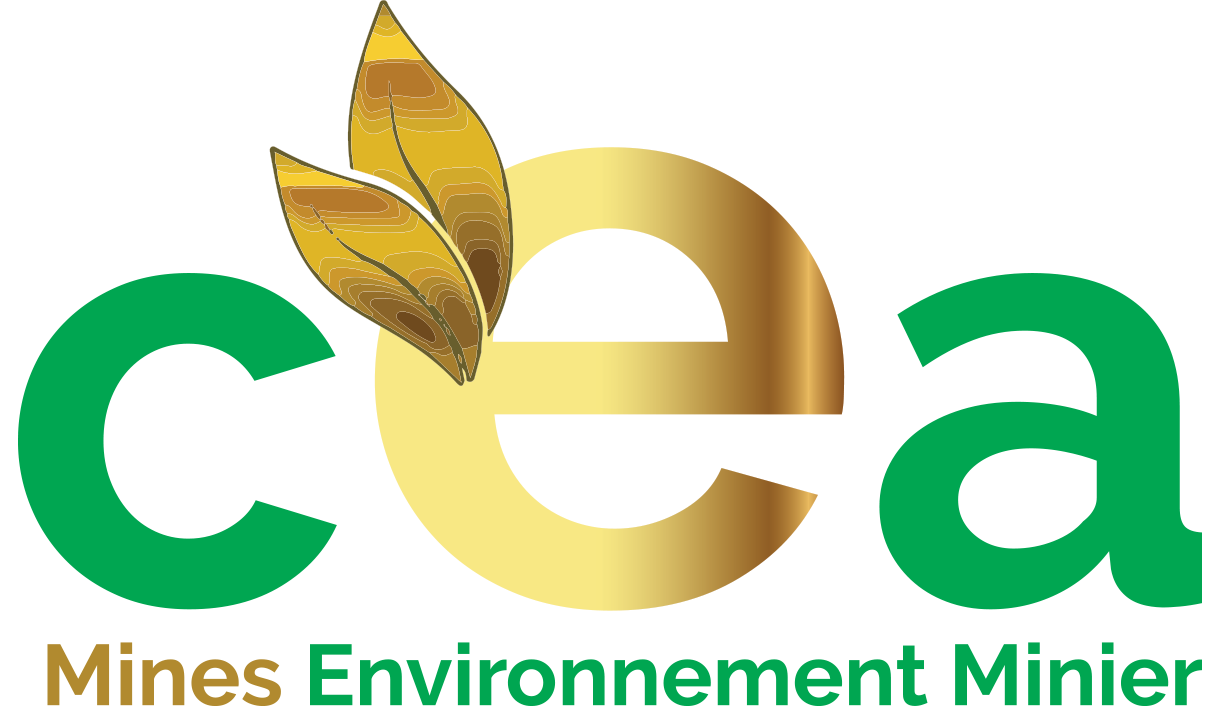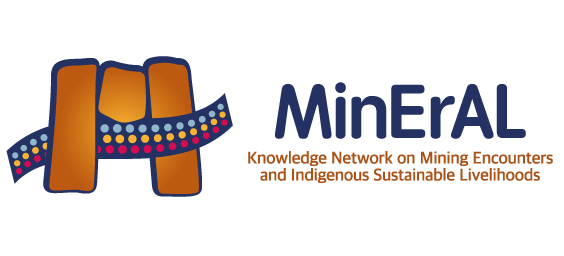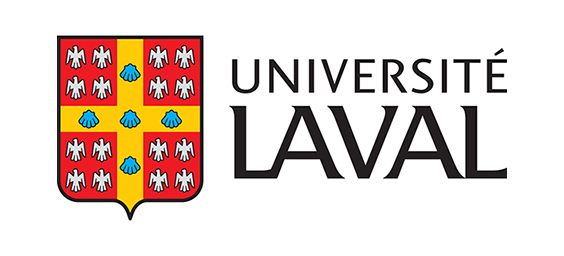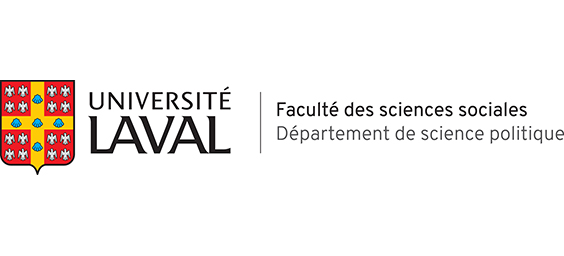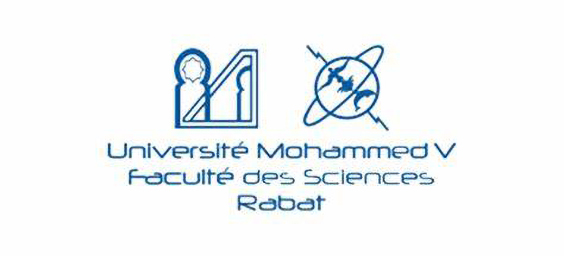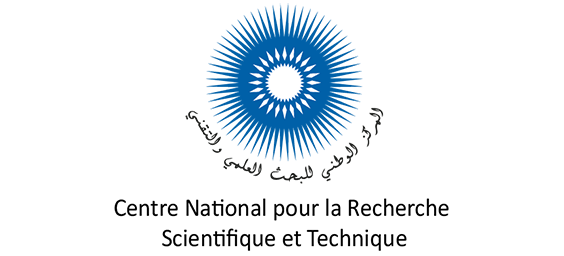Mining is a global industry with intensely local impacts.
Present across many regions of the world, the mining industry exerts a profound influence on ecosystems, local communities, and territorial dynamics.
Situated at the nexus of pressing global challenges—including armed conflict, the energy transition, climate change, and community development—the mining sector serves as a catalyst for enduring transformations in the socio-environmental landscapes where it operates. Its multifaceted impacts extend across ecological systems, public health, resource governance, notably land tenure, and social dynamics, particularly in regions marked by structural vulnerabilities.
These effects are manifested through ecosystem degradation, threats to health, tensions affecting social cohesion, and impacts on local governance and living conditions. Climate change exacerbates these imbalances while also shaping the capacity of communities to adapt.
In a context of increasing pressure on critical and strategic minerals, responsible governance, environmental justice, and conflict prevention in extractive contexts are gaining growing importance. Initiatives are emerging to promote more inclusive mining practices that take into account local realities and the voices of affected populations.
Analyzing the links between mining activities, peace, climate, and social justice is therefore more urgent than ever. This requires an interdisciplinary approach that is attentive to the voices of affected communities and the geopolitical dynamics shaping the future of mining regions.
Such an approach also demands the integration of social justice issues from a perspective of equity, diversity, and inclusion, notably through the involvement of women, youth, minorities, and Indigenous and Aboriginal peoples in decision-making processes and in the distribution of local socio-economic benefits.
Finally, the question of local agreements or contractual arrangements between stakeholders, aimed at clarifying the prerogatives and responsibilities of each actor from a conflict prevention and management perspective, remains a key concern in fostering peaceful and sustainable mining development.
Organizing Committee
Adoh Bissè Blanche Danielle N'guessan
Professor at Peleforo Gon Coulibaly University (UPGC), UNESCO Chair on Natural Resources and Sustainable Development in Africa – Côte d'Ivoire
Bah Idiatou
Professor at Laval University, UNESCO Chair on Natural Resources and Sustainable Development in Africa – Canada
Boupassia Christian
Director General of the School of Mines and Metallurgy of Moanda – Gabon
Champy Muriel
Associate Professor at Aix‑Marseille University (seconded to IRD at INP-HB) – Côte d'Ivoire
Colin Fabrice
Senior Associate Researcher at Mohammed V University of Rabat, and RAM2D Network – Morocco
Coulibaly Yacouba
Director of the Faculty of Earth Sciences and Mineral Resources, Félix Houphouët-Boigny University – Côte d'Ivoire
Dessertine Anna
Research Fellow at IRD – Morocco
Ebah Patrice
Project Manager, Senior Consultant in Extractive Industries and Territorial Development, Ebah consulting – Côte d'Ivoire
Giraud Grégory
International development consultant with the World Bank – USA
Kéita Daouda
Executive Director of the Higher Institute of Mines and Geology of Boké – Guinea
Kouassi Kouakou Lazare
Dean of the Faculty of Geological and Mining Sciences, University of Daloa – Côte d'Ivoire
Kourouma Mory
Director of the Emerging Center for Mines and Society (CEA-MS), Higher Institute of Mines and Geology of Boké (ISMGB) – Guinea
Kowasch Matthias
Professor at Sorbonne University – France
Mudinga Emery
Professor and Director of the Angaza Institute – DRC
Ouattara Zié
Director of the Faculty of Geological and Mining Sciences (UFR), Polytechnic University of Man – Côte d'Ivoire
Oumar El Farouk Maman Illatou
Artisanal and Small-scale Mining Specialist, The World Bank – Côte d'Ivoire
Ousman Mahamadou
Director of the Emerging Center for Mining Environment (CEA-EM), School of Mines, Industry and Geology (EMIG) in Niamey – Niger
Rodon Thierry
Principal Investigator of the MinErAL Network and Professor at Laval University – Canada
Roullier Stéphanie
Coordinator of the MinErAL Network – Canada
Vakaba Cissé
Advisor to the President on Mining – Côte d'Ivoire
Yao Alphonse
Director of the École supérieure des Mines et de Géologie of Yamoussoukro and Coordinator of the African Centre of Excellence Mining and Mining Environment – Côte d'Ivoire
Zina Ousmane
Senior Lecturer, Associate Professor of Political Science at Alassane Ouattara University – Côte d'Ivoire
